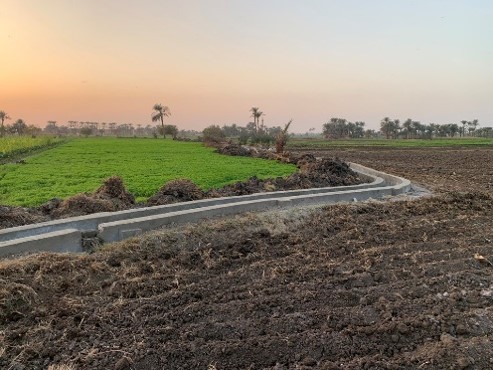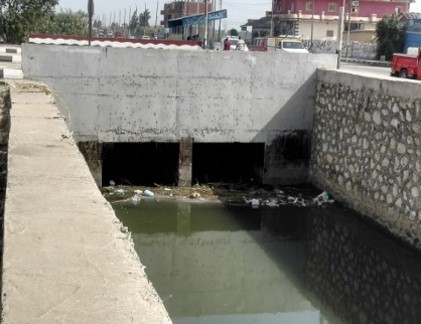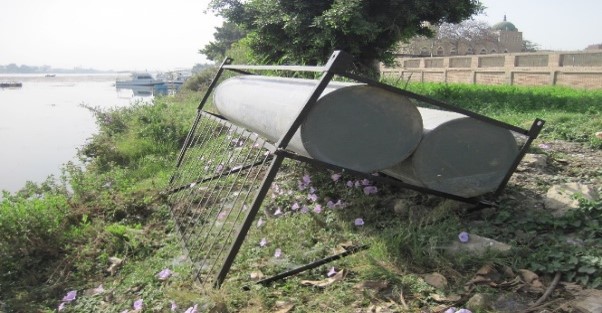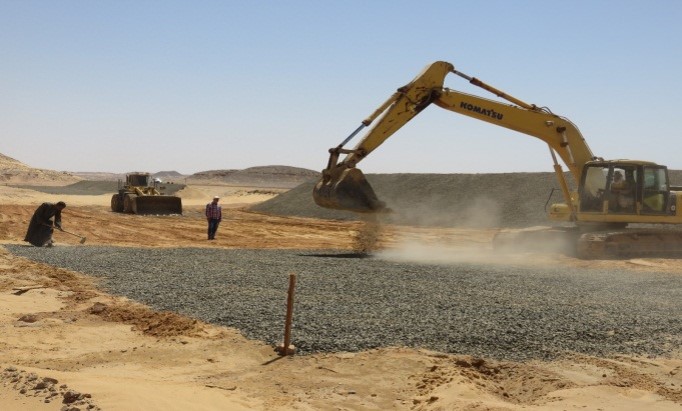Water Management:
integrating our technical knowledge on water, subsurface and infrastructure with governance and policy-making to solve problems in highly complex dynamic and electromechanical systems. The primary focus is therefore to develop and test concepts, methods and instruments to realize this goal. The theme naturally requires strong ties with all other themes of NWRC.
under this area NWRC implement the following points:-
• Carrying out certain types of research that support the planning and management of different water resources in an integrated a comprehensive approach including the environmental social and economic aspects.
• Assisting in developing, enhancing the national water policies and strategies guided by the NWRC Research Plan.
• Enhancing the MWRI capabilities by developing new design, construction, repair of water canal networks and structures.
• Developing design criteria and safety guidelines of hydraulic structures.
• Proposing untraditional techniques for investigation and assessment of hydraulic structures.
• Conducting cutting-edge research in drainage and surface water quality management.
• Developing methods and technologies for design and implementation of drainage systems.
• Developing criteria and guidelines for the safe drainage reuse.
• Managing national water quality monitoring network.
• Demonstrating constructed wetlands.
• Evaluation of pumping stations and electro-mechanical systems.
• Design predictive maintenance programs for mechanical & electrical equipment of hydraulic systems.
• Application of renewable energy for water lifting in remote areas.
• Developing guidelines for optimal farm water management policies.
• Analysis of social and economic aspects of on- farm water management policies.
• Developing innovative methods of irrigation.
• Carrying out certain types of research that support the planning and management of different water resources in an integrated a comprehensive approach including the environmental social and economic aspects.
• Assisting in developing, enhancing the national water policies and strategies guided by the NWRC Research Plan.
• Enhancing the MWRI capabilities by developing new design, construction, repair of water canal networks and structures.
• Developing design criteria and safety guidelines of hydraulic structures.
• Proposing untraditional techniques for investigation and assessment of hydraulic structures.
• Conducting cutting-edge research in drainage and surface water quality management.
• Developing methods and technologies for design and implementation of drainage systems.
• Developing criteria and guidelines for the safe drainage reuse.
• Managing national water quality monitoring network.
• Demonstrating constructed wetlands.
• Evaluation of pumping stations and electro-mechanical systems.
• Design predictive maintenance programs for mechanical & electrical equipment of hydraulic systems.
• Application of renewable energy for water lifting in remote areas.
• Developing guidelines for optimal farm water management policies.
• Analysis of social and economic aspects of on- farm water management policies.
• Developing innovative methods of irrigation.
• Conducting research on pilot schemes to investigate irrigation water use options and actual crop consumptive use.
• Providing optimal design of gravity and reference networks.
• Adopting remote sensing and GIS technologies for monitoring of changes in the I/D network.
• Surveying cross and longitudinal sections of canals and water structures.
• Establishing The Egyptian National Gravity Network.
• Conducting research on pilot schemes to investigate irrigation water use options and actual crop consumptive use.
• Providing optimal design of gravity and reference networks.
• Adopting remote sensing and GIS technologies for monitoring of changes in the I/D network.
• Surveying cross and longitudinal sections of canals and water structures.
• Establishing The Egyptian National Gravity Network.



